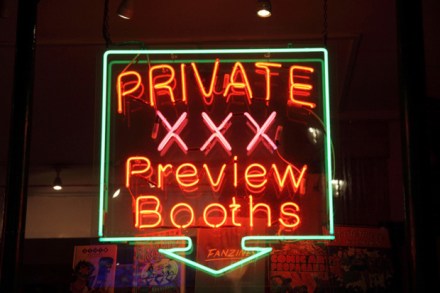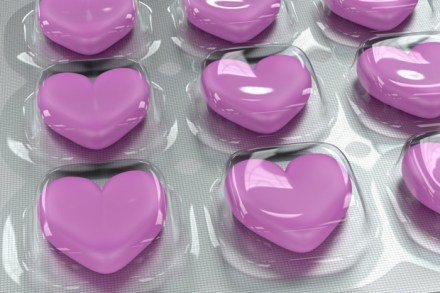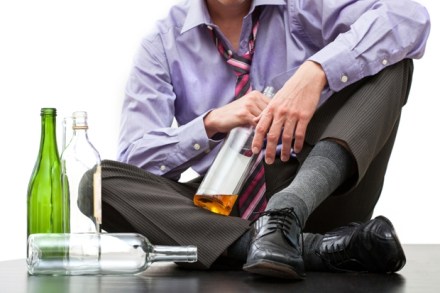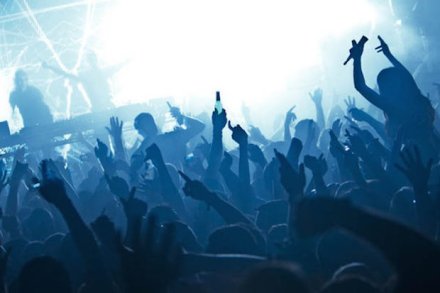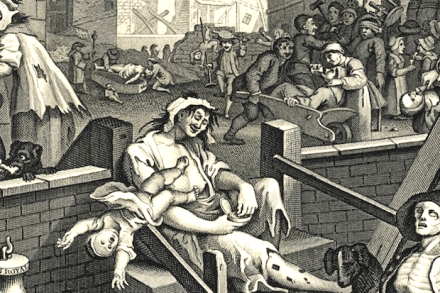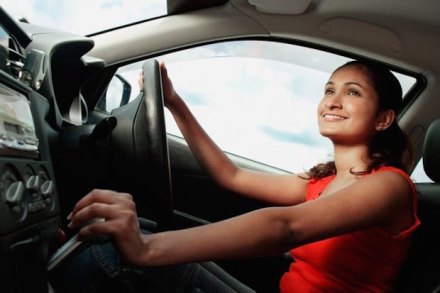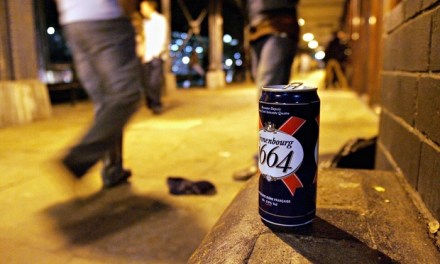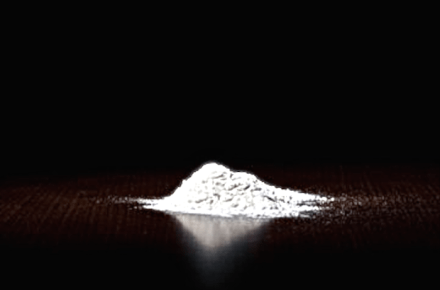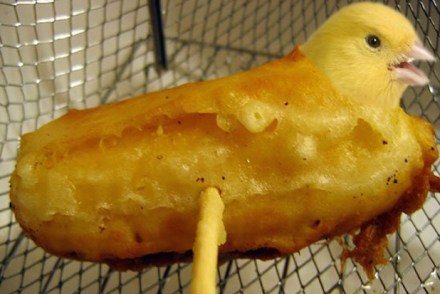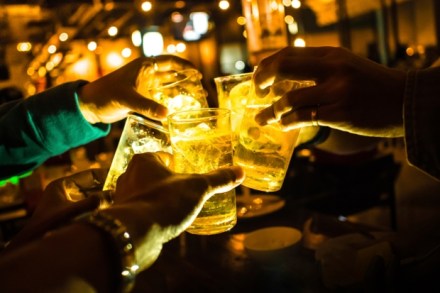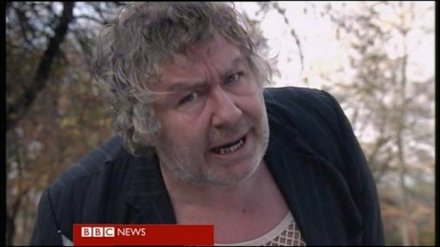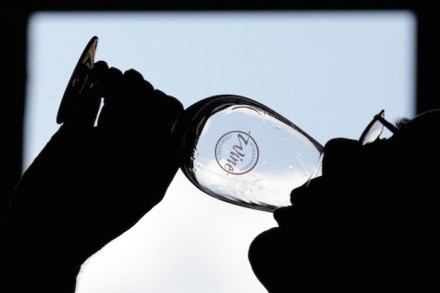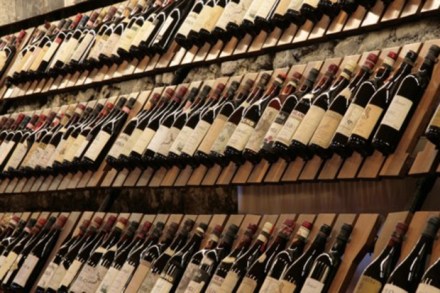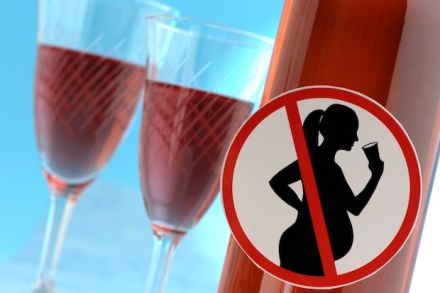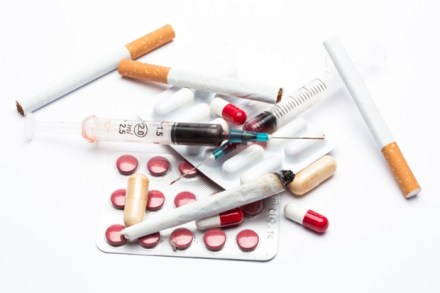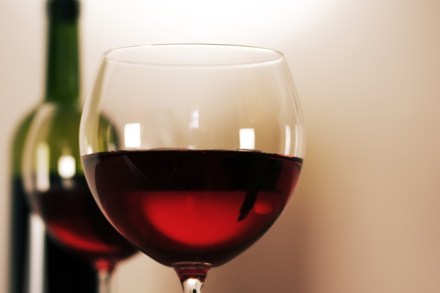Low life | 25 June 2015
Ninety-two readers (thank you!) sent accounts of their worst debacles on drink or drugs. I printed out each one and clipped it into a ring binder. Last Thursday afternoon I made a pot of tea, opened the file, and settled down for a good read. The first sentence of the first entry was: ‘Priggish as it sounds, I am ashamed of the lesbian orgy I initiated while off my nut on champagne.’ I read that — it was amazing — then I took a restoring sip of Rosie Lee and turned the page. The next one was from a soldier. His first sentence was: ‘Kabul was darker than a Pashtun’s
